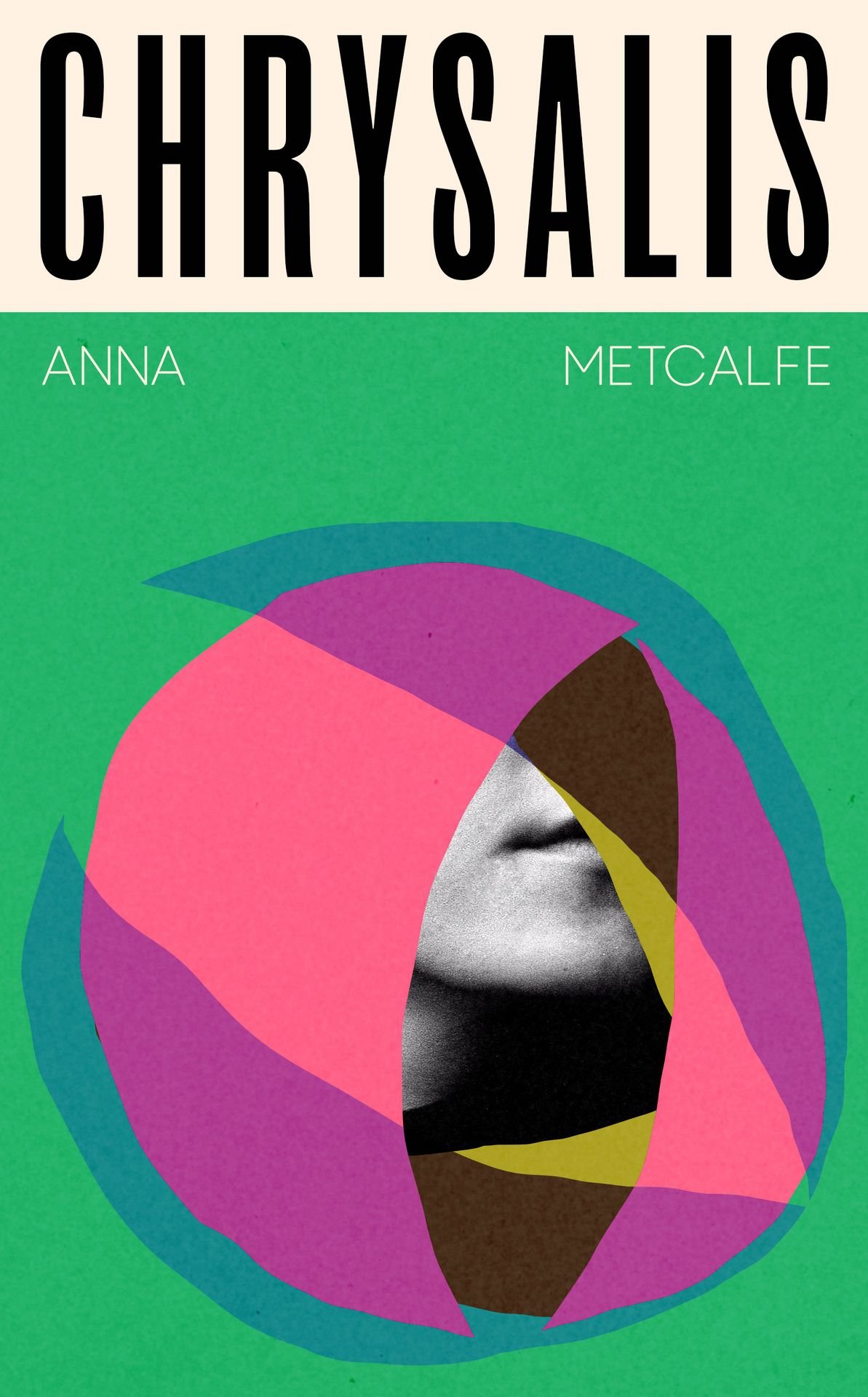Chrysalis, Anna Metcalfe
‘The lucid passages about internet culture are as chilling as the literary contortions of the physical body as the protagonist wills herself to perform for the public eye.’
Chrysalis is the debut novel by Anna Metcalfe, and it is an unflinching, scrupulous study of one woman’s transformation into an omnipresent figure, as she transcends the physical boundaries of her life after surviving a traumatic relationship. She remains a nameless figure throughout the entire novel, rendering her a cult-like figure, and thus critiquing the status of an influencer in contemporary society as she amasses millions of ardent followers in her pursuit to reclaim her autonomy by shedding the skin of her past.
The novel is inspired by Han Kang’s The Vegetarian, which is reflected in the structure of Chrysalis; the story of the protagonist is told through the perspective of three people as they witness her metamorphosis. Like Kang, Metcalfe succeeds in creating a tone that is both detached and all-consuming as she probes into the motives of the protagonist and explores the effects of her actions on those around her throughout her journey to achieve a self-sufficient lifestyle. Here, we have the overarching paradox that underpins the novel - the desire to live a life of solitude as an influencer, benefiting from a capitalist, consumptive society, while rejecting it under the pretence of self-care.
The lucid passages about internet culture are as chilling as the literary contortions of the physical body as the protagonist wills herself to perform for the public eye. This is a novel that creates a fable-like tone while remaining in conversation with a contemporary audience. The triptych narrative adds to the mystical illusion, further highlighted by how all three narrators live lonely, unfulfilling lives, so they must rely on the protagonist to feel a sense of purpose. While the lack of perspective from the protagonist helps to build an image of a formidable, unattainable standard of living, it also forces the reader to question her authenticity, thus forming the foundation for a critical analysis of ‘influencer culture’.
Anna Metcalfe explores themes that are emblematic to novels by Ottessa Moshfegh and Lauren Oyler, such as modern loneliness, shades of selfhood that blur the boundaries between self-care and narcissism, and women reclaiming their agency through unconventional means. Chrysalis is a visceral, often cruel, but enlightening novel with an assured competence to critique society and provide a resolution that will provoke discussion after that final sentence refuses to settle.
Editorial Picks




